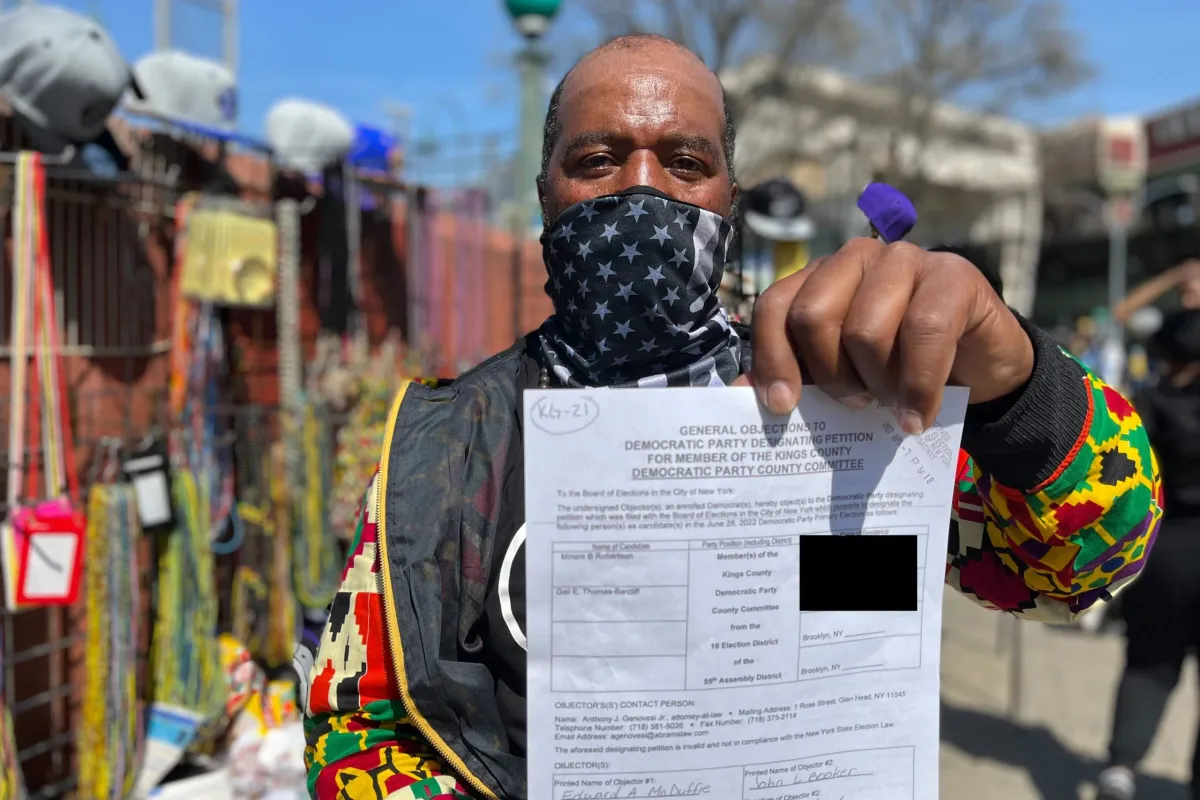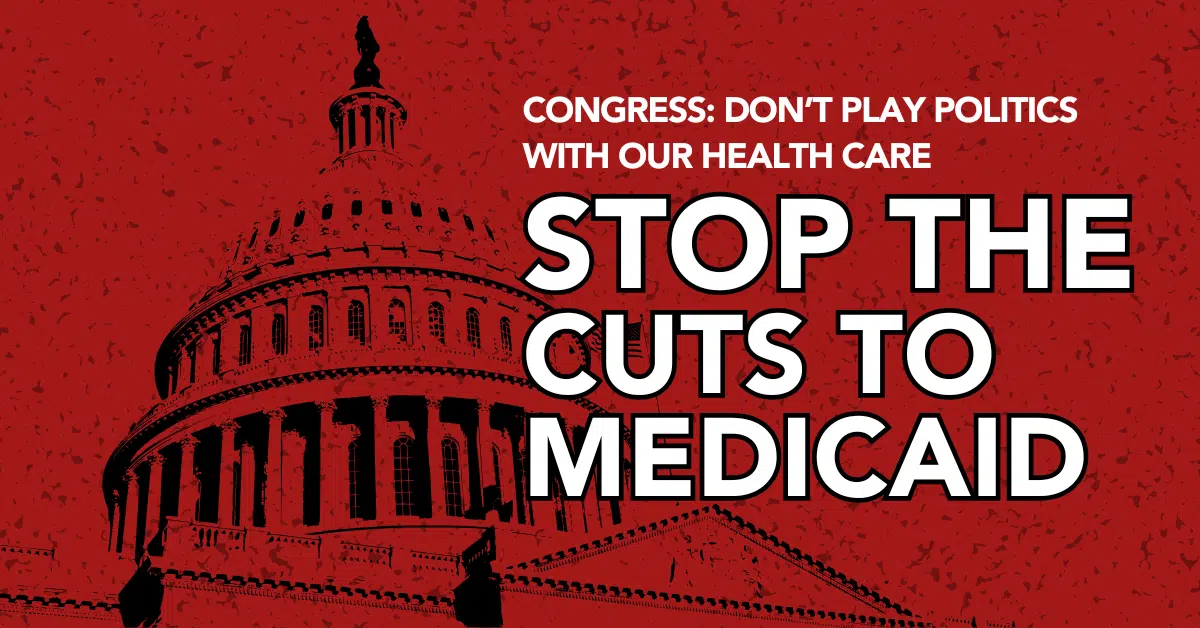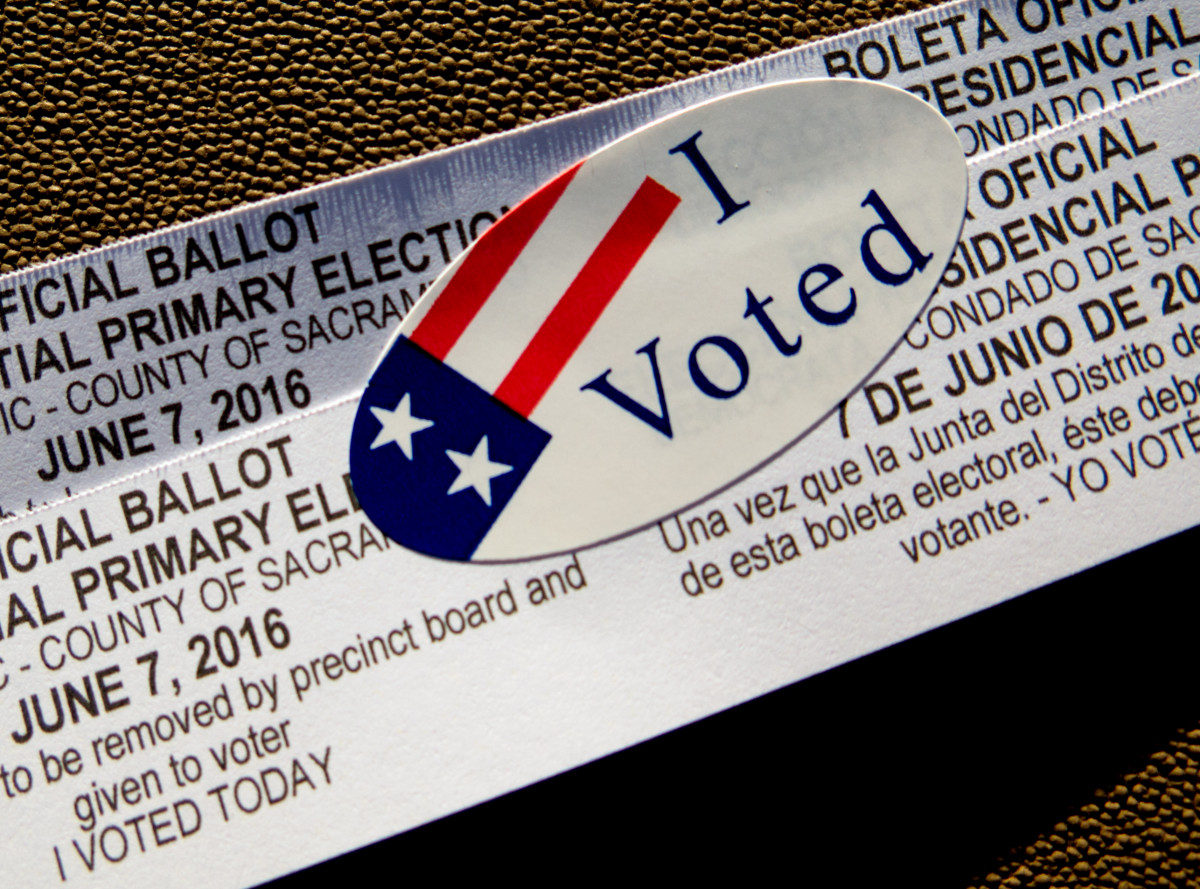Freedom of association is a fundamental right that lies at the heart of any democratic society. It ensures that individuals can freely choose their associations, whether personal, professional, or political. In the United States, this principle is enshrined in the Constitution, yet recent events in New York City’s political landscape have raised serious questions about whether this right is being upheld in practice—particularly when it comes to the ability of candidates to challenge entrenched party power structures.
As the candidate for Member of the New York City Council from the 39th Council District, Kings County, I have witnessed firsthand the struggle to maintain political diversity and fair competition in the electoral process. Today, I find myself embroiled in a legal challenge that underscores a growing concern about political power and its ability to suppress opposition, even in the face of constitutional protections.
The Case: Alleged Partisanship in Ballot Access
Recently, the Board of Elections in New York City made a ruling that has significant implications for the democratic process. The Board determined that the proof of service I provided to demonstrate compliance with the requirements for ballot access was insufficient. Specifically, the Board stated that the FedEx receipt I had submitted, which confirmed delivery, needed an additional affirmation. While I understand the need for procedural rigor, I also provided an additional piece of evidence—FedEx’s own “Proof of Delivery” that clearly showed the item had been tracked and received. Unfortunately, this evidence was dismissed without acknowledgment.
It is not just a question of paperwork, however. This ruling raises larger issues of fairness and equal treatment under the law. Another objector, Aaron Foldenauer an attorney, presented a similar case, and if the Commissioner Simon Shamoun accepted his proof of service, they must also accept mine. There appears to be a consistent pattern of partisan behavior, where candidates not hand-selected or endorsed by the established political structures are removed from the ballot. This undermines the very principle of freedom of association and is a direct threat to a fair and competitive political environment.
As outlined in the Freedom of Association article on Wikipedia, this right protects an individual’s ability to join, form, or participate in any group, organization, or political party of their choosing. The United States Constitution guarantees this right, specifically in the First Amendment, which not only protects freedom of speech but also the right to assemble and associate with others for political purposes. This right is integral to a functioning democracy. If political parties are allowed to suppress the entry of new candidates, it contradicts the principles that our democracy was built on.
The Broader Context: Political Party Control and the Brooklyn Democratic Party Scandal
The issue at hand is not an isolated incident. In fact, it reflects a larger trend of political parties using their power to limit the voices of candidates who challenge the status quo. For instance, recent investigations into the Brooklyn Democratic Party have revealed a disturbing pattern of misconduct, including the alleged forging of signatures on petitions to remove competitors from the ballot. In a report from The City in April 2022, it was revealed that the Brooklyn Democratic Party was embroiled in a scandal involving the forgery of signatures to block candidates from getting onto the ballot for the 2022 Democratic primary. The allegations were serious, and they raised questions about the integrity of the process.
The Brooklyn Democratic Party’s actions were not an isolated case of political maneuvering. According to The City, “alleged forgeries were discovered on petition sheets from both Shahana Hanif and Maya Kornberg, who were attempting to secure their positions on the ballot.” Despite clear evidence of tampering, these candidates were ultimately allowed to remain on the ballot, while others faced challenges with far less apparent wrongdoing. The fact that political machines are leveraging their influence in this manner calls into question whether elections can truly reflect the will of the people, or if they are simply a tool for maintaining the power of a few insiders.
Partisan Bias: A Growing Concern
It is becoming increasingly clear that the Board of Elections is not always impartial in these matters. The dismissive attitude toward valid proof of service in my case is just one example of how the system may be working to suppress voices that are not in alignment with the dominant political party. There is a distinct pattern of removing candidates who are not favored by the party establishment or those who challenge the political machine. This is not a new issue. Courts have already deemed such practices unlawful in the past, yet the issue persists.
As I continue to challenge these decisions in the courts, it is essential to understand the larger implications. If political parties can manipulate ballot access to exclude candidates who are not chosen by the party elite, we are no longer operating under the principles of free and fair elections. Instead, we are moving toward a system where only those with the party’s endorsement can compete, effectively undermining the very notion of democratic representation.
A Call to Protect Our Democracy
It is not enough to simply speak of democracy in the abstract; we must actively protect its core principles. Freedom of association allows people to align themselves with any political party or ideology they choose. But in practice, this freedom is being eroded by systems that favor the establishment over independent voices. The Board of Elections must be held accountable for its actions and its apparent partisanship. If we allow political forces to continue to manipulate the process and suppress voices outside the mainstream, we risk undermining the very democratic institutions that make our country strong.
As we move forward, it is crucial that voters recognize the importance of protecting the rights of all candidates, regardless of their political affiliation or their standing with the party establishment. Only when we ensure that all voices have an equal opportunity to be heard can we claim to have a truly democratic society.
In the words of the late civil rights leader John Lewis, “The vote is the most powerful nonviolent tool we have.” But the ability to run for office and represent one’s community is equally powerful. When that right is stifled, the very foundation of democracy is at risk.
The fight for freedom of association is not just a fight for one candidate, one district, or one city—it is a fight for the integrity of our democratic system. We must all stand for fairness, justice, and the right to be heard. Let’s ensure that the ballot remains a tool for the people, not for the political elites.
Sources:
- “Freedom of Association,” Wikipedia, https://en.wikipedia.org/wiki/Freedom_of_association.
- “Brooklyn Democratic Party Ballot Petition Challenges,” The City, April 15, 2022, https://www.thecity.nyc/2022/04/15/brooklyn-democratic-party-ballot-petition-challenges.




